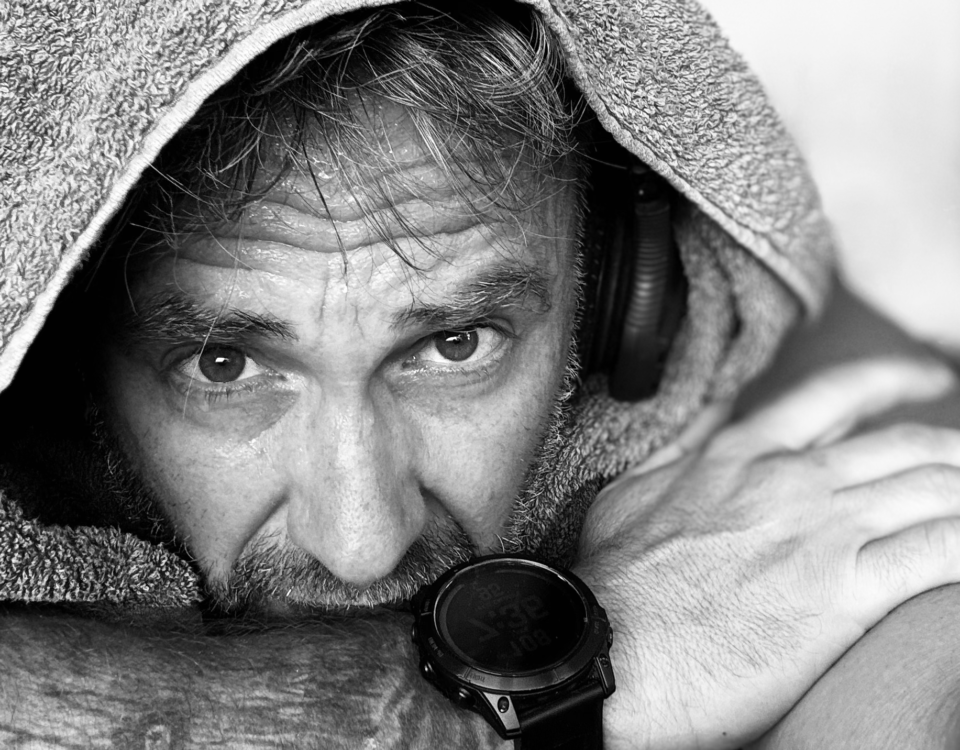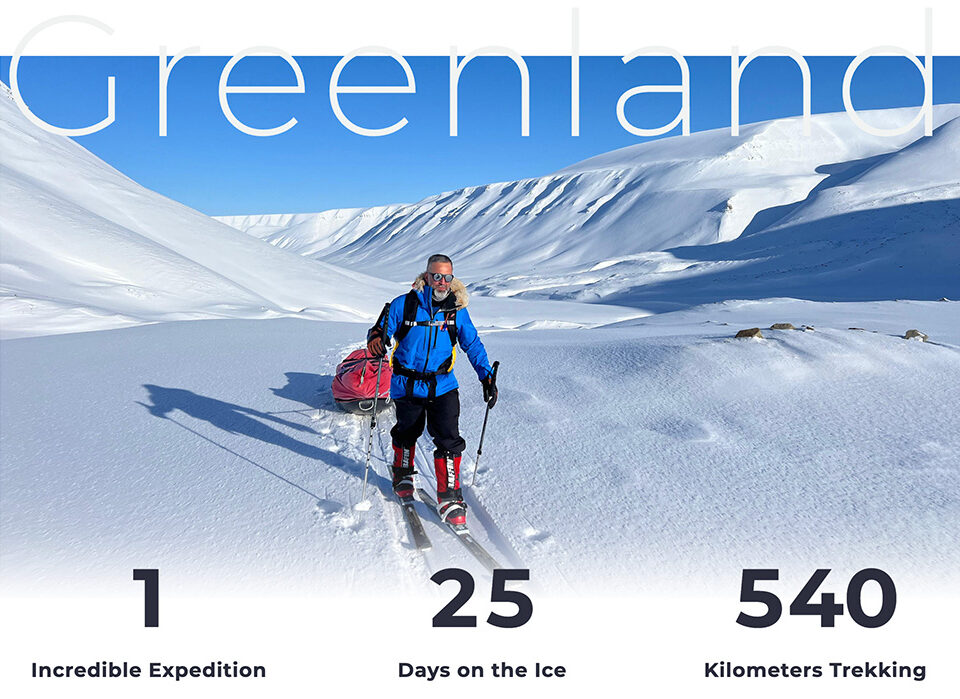While the physical benefits of rucking – the act of walking or hiking with a weighted backpack – are well-documented, this unassuming activity also holds remarkable potential for enhancing mental health and resilience. As more individuals seek holistic approaches to well-being, rucking has emerged as a powerful tool for cultivating a stronger mind-body connection and fostering mental toughness.
The Mental Toughness Factor
At its core, rucking is a mentally challenging endeavor. Carrying a weighted load over extended distances requires pushing through discomfort, fatigue, and the urge to quit. This mental fortitude translates into improved resilience and grit, qualities that can be invaluable in navigating life’s challenges beyond the trail.
A 2019 study published in the Journal of Sport and Exercise Psychology explored the psychological benefits of load carriage training, which includes rucking. The researchers found that participants who engaged in load carriage activities reported increased self-efficacy, perceived control, and a greater sense of accomplishment – all factors that contribute to enhanced mental toughness and resilience.
Stress Relief and Mindfulness
In our fast-paced, technology-driven world, finding opportunities for mindfulness and stress relief can be a challenge. Rucking, however, offers a unique opportunity to disconnect from distractions and connect with the present moment. The rhythmic nature of walking, combined with the physical exertion of carrying a load, can create a meditative state that promotes mindfulness and relaxation.
A 2021 study in the Journal of Outdoor Recreation and Tourism examined the mental health benefits of outdoor recreational activities, including rucking. The researchers found that engaging in these activities can reduce stress, improve mood, and enhance overall well-being, likely due to the combination of physical activity, exposure to nature, and the opportunity for introspection and mindfulness.
Building Confidence and Self-Esteem
Rucking can be a powerful tool for building confidence and self-esteem, particularly for individuals who may struggle with body image or self-doubt. As participants gradually increase their rucking distance and weight load, they experience tangible progress and a sense of accomplishment that can translate into improved self-perception and self-worth.
A 2020 study in the Journal of Functional Morphology and Kinesiology explored the psychological effects of rucking in military personnel. The researchers found that rucking not only improved physical fitness but also enhanced self-efficacy, body image, and overall well-being – factors that can contribute to improved mental health and resilience.
Community and Camaraderie
While rucking can be a solitary pursuit, it also presents opportunities for community building and camaraderie. Many cities and towns have organized rucking clubs or groups, where individuals can connect with like-minded individuals, share experiences, and support one another on their fitness journeys.
This sense of community and social support can have a profound impact on mental health, as evidenced by a 2022 study in the Journal of Affective Disorders, which found that individuals with strong social connections and support networks reported lower levels of depression and anxiety.
Incorporating Rucking into Mental Health Strategies
As the mental health benefits of rucking become more widely recognized, it is increasingly being incorporated into therapeutic and wellness programs. For example, some mental health professionals are integrating rucking into their treatment approaches for conditions such as depression, anxiety, and post-traumatic stress disorder (PTSD).
Additionally, organizations like Ruck Clubs and Goruck are using rucking as a platform to promote mental health awareness, foster community, and raise funds for mental health initiatives.
While rucking may seem like a simple act of walking with a weighted backpack, its impact on mental health and resilience is truly profound.
By embracing this form of physical and mental training, individuals can cultivate a stronger mind-body connection, enhance their mental toughness, and unlock a path to greater overall well-being.










